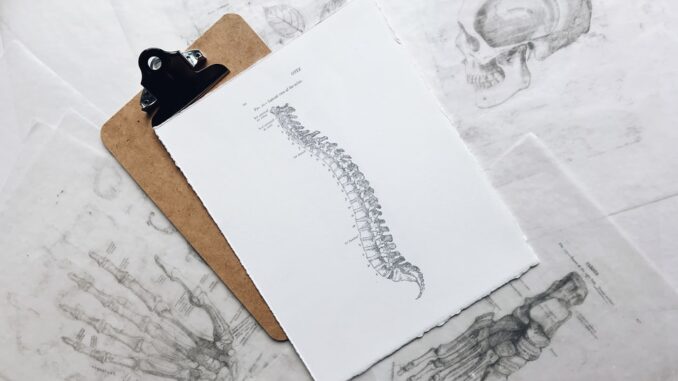November 16, 2020 Lisa Baker, Editor, Wellbeing News Baby Care 0

For many, back pain has a habit of rearing its ugly head when we are least expecting it; it can impact every aspect of our lives, and make simply getting through the day a physically and mentally exhausting experience.
Sciatica is one of the most common forms of back pain. The exact location of the pain – and its severity – varies from person to person and, if left unmanaged, turn into a chronic condition that takes a significant toll on our mobility, energy levels, and quality of life.
Due to the changeable nature of the pain, it is not always easy to know whether what you are suffering from can be characterised as ‘sciatica’. If you are suffering, then a Chiropractic Clinic in Guildford and Osteopathic Clinic in Esher will be your best port of call for learning more about your spinal health, and how to ensure a safe and sustainable recovery.
What is Sciatica?
From your lower back to your foot, the sciatic nerve is responsible for uniting the spinal cord with the lower body, and any pain which stems from this nerve is referred to under the term ‘sciatica’.
The sciatic nerve is vulnerable to inflammation or compression owing to a wide range of causes, including injury, age, heavy lifting or, perhaps most commonly, a slipped disc, which is itself caused by inactivity or excessive strain during exercise, age, or heavily lifting.
The symptoms can range from moderate to extreme pain in the lower back, buttocks and leg. This can be accompanied by a numb or tingling sensation in the leg or foot, and weakness in the affected leg. You might find it incredibly difficult to carry on with life as normal, and find that certain movements or actions, such as sneezing or going to the toilet, cause further pain and discomfort.
What Can You Do About it?
It can be tempting, when you are in the midst of a flair up, to put your feet up and take the weight off your leg for a few days until the pain subsides. Unfortunately, it is generally advisable that you make an effort to continue with life-as-normal; gentle movement and exercise can help to relieve the pressure on your nerve, and facilitate a quicker recovery.
Painkillers that reduce inflammation, such as Ibuprofen, can help when used in conjunction with a heat pad placed against the affected area, and sleeping with your legs supported by a pillow (on your side, or your back) can make it easier for you to rest comfortably at night, and investing in a more supportive chair will ensure you are not causing further compression to your sciatic nerve.
For some people, sciatica can be a short-lived affliction, and will fade on its own within a few days or weeks of appearing – if it becomes chronic, or begins to impact your ability to live and work as usual, then you should consult with a chiropractor to ensure you are able to support your body as it heals.
Back pain can be an incredibly distressing condition. Aside from the physical discomfort, it can make it difficult for you to feel positive and energetic throughout the day. There is, however, plenty of practical and effective support available to anyone suffering from reduced mobility or severe discomfort due to sciatica, which means that you needn’t resign yourself to feeling this way forever.

